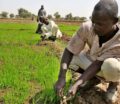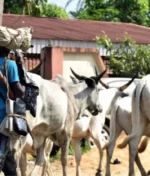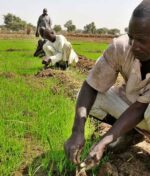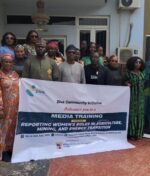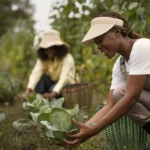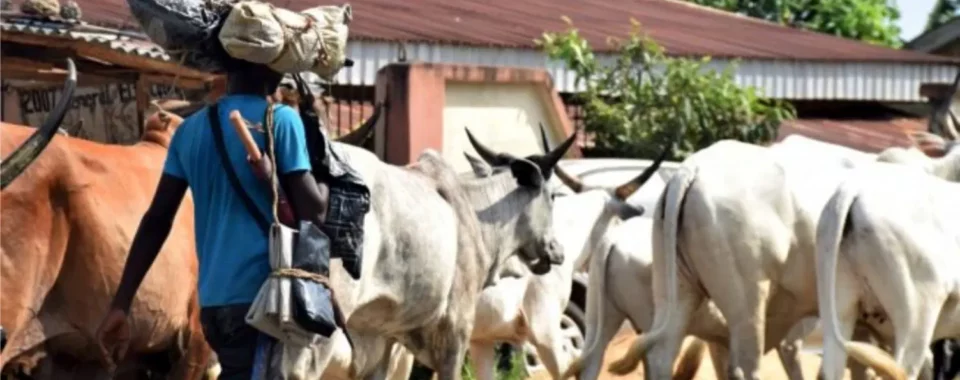
In June 2025, while presenting my paper titled “Reporting for Resolution: Climate Change, Resource Conflict, and Solution Journalism in Nigeria’s Farmer-Herder Crisis” at the NNPC Foundation Symposium in Lagos, I had no idea that back home in Taraba State, violent attacks were unfolding. Over 40 people were killed in the farming communities of Munga Lalau and Munga Doso, in Karim-Lamido Local Government Area.
Not long before this, in April 2025, at least 56 people were killed in Logo and nearby villages in Benue State. Governor Hycinth Aliya blamed politicians in the National Assembly for the violence, though he didn’t name anyone.
These incidents show that the farmer-herder conflict in Nigeria is still deadly. Since 2016, more than 60,000 people have died and over 265,000 have been displaced. While government officials often condemn these attacks, little is done to actually stop them. The real question is: what lasting solutions are being put in place?
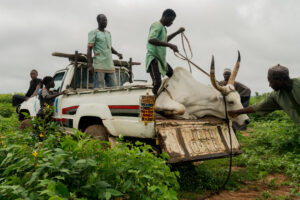
In my research, I found that the government’s failure to act is a major cause of the problem. This lack of action allows violence to continue. A 2018 report by Amnesty International also noted that many people were killed or forced to flee because the government was too slow or unwilling to intervene.
Old laws, like the 1978 Land Use Act, make things worse by creating confusion over who owns what land. This often benefits the rich and leaves small farmers and herders at a disadvantage.
Other problems like climate change and a growing population have made the situation more difficult. Unpredictable weather, land degradation, and shrinking farmland have led to more fights over limited resources like water and grazing areas.
During my study, I interviewed farmers, herders, and journalists across Taraba and Northeast Nigeria. Four main issues kept coming up:
- Climate change and lack of resources
- Poor governance
- Human suffering
- How the media covers the crisis
The solution must involve many parts working together: better journalism, updated policies, climate adaptation, and peacebuilding led by local communities.
The recent move by President Bola Ahmed Tinubu to create the Ministry of Livestock Development is a good step. Its goal is to resolve conflicts and grow the livestock industry. But for it to work, the plans must be clear and involve everyone affected. Past efforts, like anti-open grazing laws in Benue and Taraba, didn’t succeed because of poor implementation.
Another useful plan is the National Agricultural Resilience Framework (NARF), which encourages cooperation between farmers and herders. Ideas like agroforestry, used in places like the Indian Himalayas, can also help by restoring the land and creating new sources of income.
Journalists have a key role to play. By using platforms like the Nigeria Climate Change Forum (NCCF), they can push for policies that protect the environment and people. Working with NGOs and groups like the National Inter-Religious Council (NIREC), which has helped reduce violence in Benue, can further support peace efforts.
It’s also important to consider how the crisis affects women, who are often more vulnerable during conflicts. Peacebuilding efforts should include gender-sensitive strategies.
While government actions like setting up investigation panels and deploying troops are a start, they’re not enough. Real change needs deep reforms. Solution journalism—reporting that focuses on solutions rather than just problems—can help by spotlighting community efforts and holding leaders accountable.
To truly solve this crisis, the media, the government, and local communities must work together to build peace and find new ways to live together.

